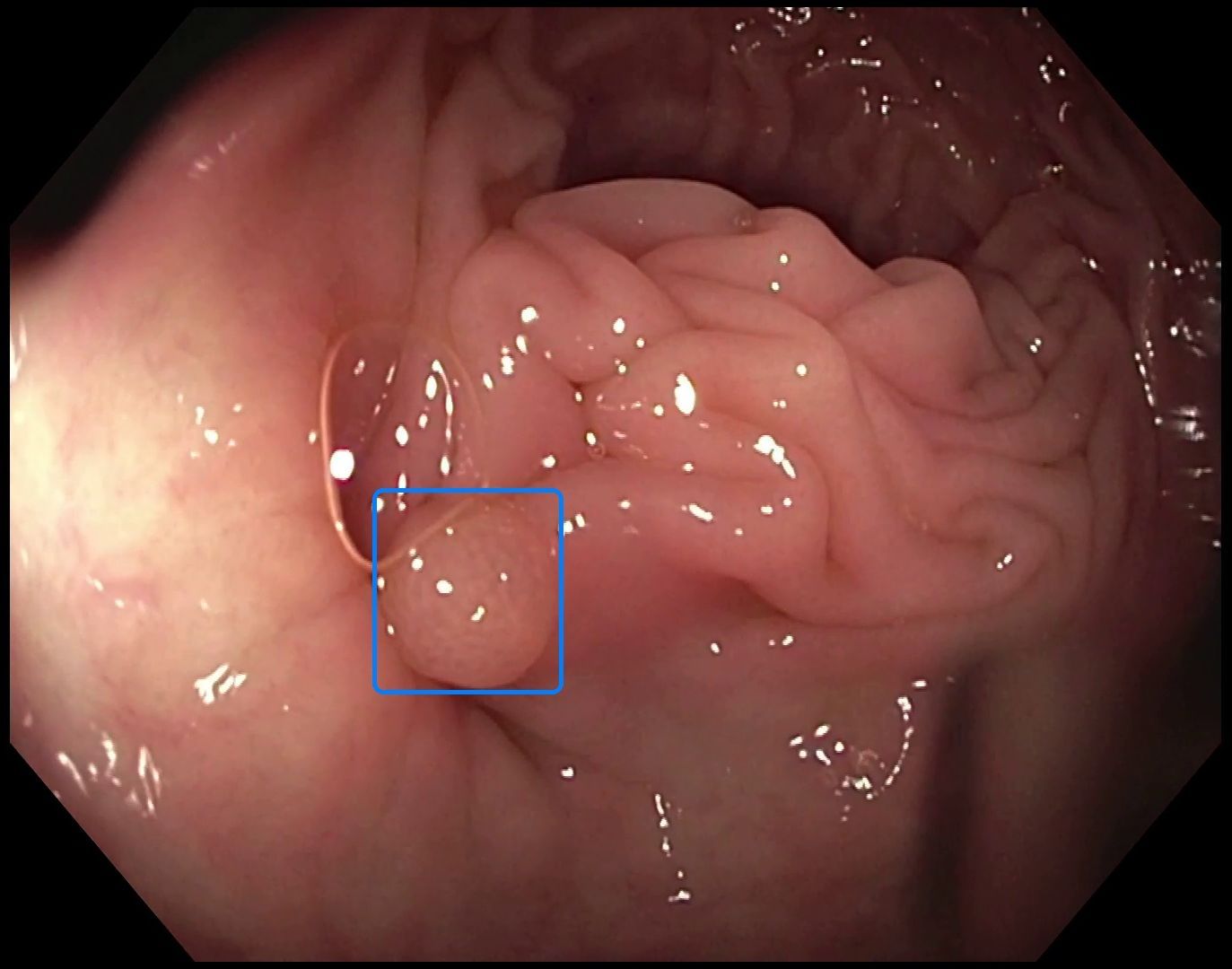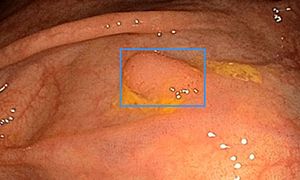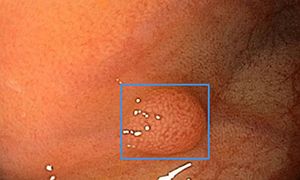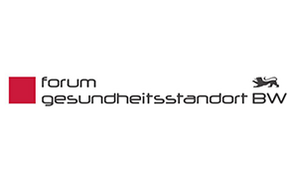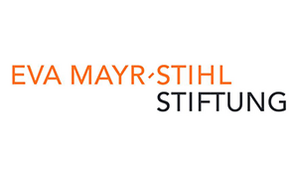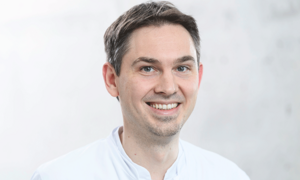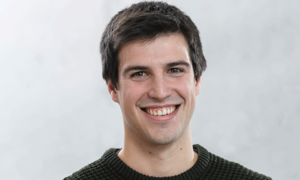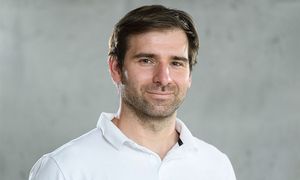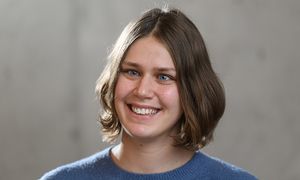AI for detecting polyps in real-life conditions
Colorectal cancer is one of the most common types of cancer in both men and women. Colonoscopy can detect precursor lesions for cancer, and the risk of disease can be minimized by removing these lesions during the procedure. Various factors affect the quality of colonoscopy examinations. In addition to good bowel preparation, the examiner’s adenoma detection rate is crucial.
Although artificial intelligence (AI) can provide remarkably good results for detecting polyps during colonoscopy (with computer-aided detection, CADe), many AI systems are trained using good-quality still images, which do not reflect conditions in real clinical scenarios. In this project, we developed an AI system for polyp detection, called ENDOMIND. This AI system uses deep learning to identify polyps during colonoscopy. To develop the system, we combined training material from six different centers, involving three different endoscope manufacturers. A team of advanced gastroenterologists and medical assistants was assembled in order to manually annotate more than 300,000 images, which were used to train the AI system. The dataset compiled consists of sequences of polyp images. It is of high quality, since the focus was on the polyp sequence during the first 1–3 seconds, which is decisive for detecting polyps in a real clinical scenario.
In addition, we built a software backbone that is able to apply the polyp detection system in real time during routine colonoscopies. We have demonstrated that the AI system developed in this way has state-of-the-art capabilities, as it was validated using an open-source benchmarking dataset and obtained the highest score in October 2021.
The research for this project is part of the “Baden-Württemberg Health-Care Location Forum” (Forum Gesundheitsstandort Baden-Württemberg), sponsored by the Ministry of Science, Research and Art of the state of Baden-Württemberg.
The project has been developed in collaboration with Prof. Dr. Frank Puppe, Head of the Chair for Artificial Intelligence and Knowledge Systems, Julius Maximilians University of Würzburg. Other participants include Prof. Dr. Dr. W.G. Zoller, Katharinenhospital Stuttgart, and Prof. Dr. J.F. Riemann, Stiftung LebensBlicke.
The CADe system (ENDOMIND) is freely available for research purposes.
Publications
Fitting D. et al. (2022)
A video based benchmark data set (ENDOTEST) to evaluate computer-aided polyp detection systems.
Scandinavian Journal of Gastroenterology 2022
Go to publication
Troya J. et al. (2023)
Direct comparison of multiple computer-aided polyp detection systems.
Endoscopy 2024
Go to publication
Software download link
For any questions and additional explanations please feel free to contact the author Alexander Hann.
E-mail: hann_a@ukw.de


